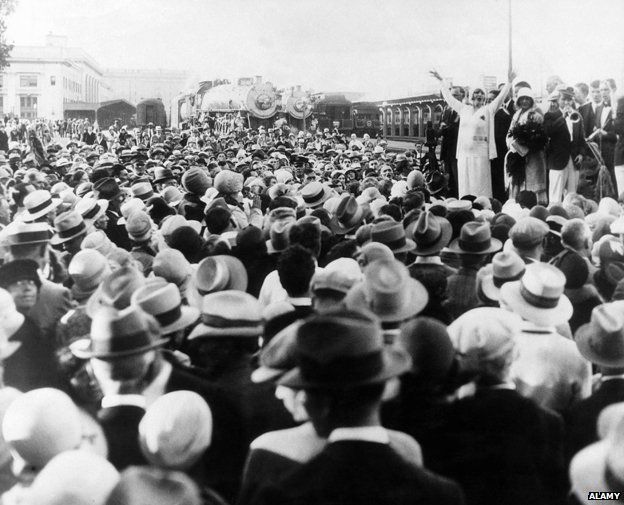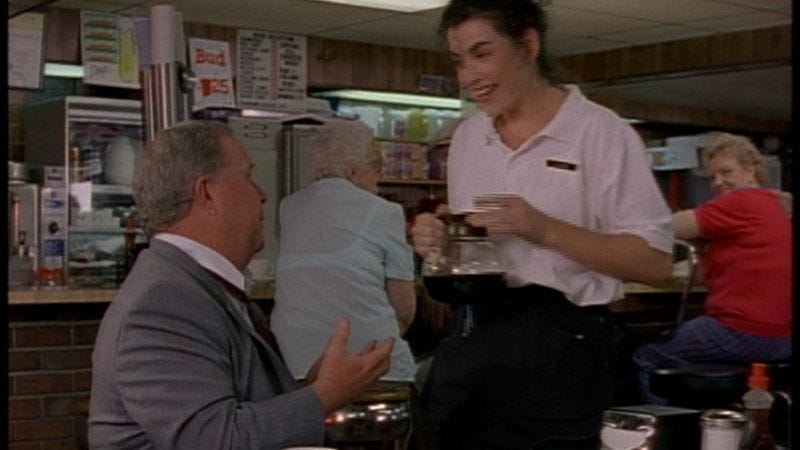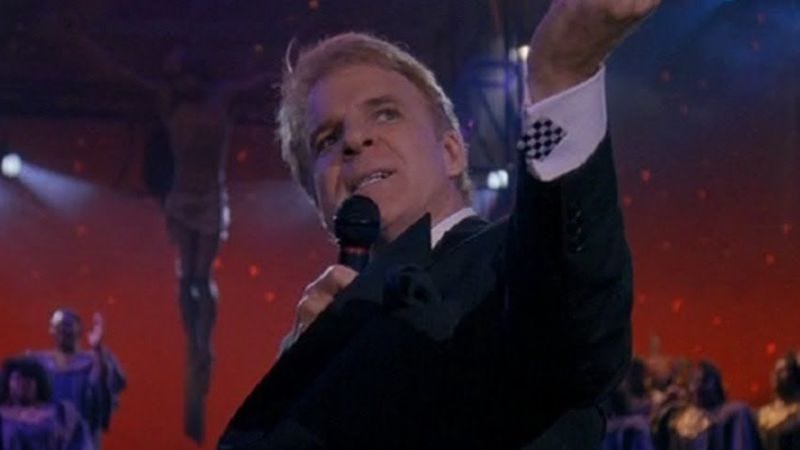"Healing" is dramatic; it calls upon that suspension of disbelief, cited in English literature, to give your body, mind and soul to an agent that displays powers you don't understand. You trust the authority of the agent, and your trust in what the agent offers is the voice you hear, above others, in your head. Heal me, please heal me. Far from healing being antiseptic, peaceful or conclusive, it can be raucous, sweaty and wrapped in mystery. I want to be healed; I have to be healed; I will do almost anything to be healed. I give up my body, or my mind to you to be healed. I will pour out my gratitude and my devotion - my FEALTY to you, when I am healed. Please heal me!
Healing is also seen as cerebral, data-driven. The legacy of disease hunters and their conquest of rabies, polio and measles, is a series of complimenting clinical trials and omnivorous
"running"of subjects, defining cohorts, piling up data, checking hypotheses, building the large "N", deciding if this is the key that fits the lock, determining if this is the trial that allows the word "proof" to be used, and scouring the sources for every spare dime to complete every last task. This is not only the place for lab rats and lab bench jockeys, but for IRB meetings, for grant writers, for bleary eyes staring at computer screens, for family members bringing their loved ones to a trial, for repetition/repetition/repetition, and for building your CV with paper after paper. Heal you? There's an RCT for that. You want to be healed? Hospital A, where I work, has doctors who do that. You're not in network? Too bad. Healing is technical. Healing is business. Heal me! I can pay. Until I see the final bill, I am sure I can pay.

Speech-language pathologists can be and are healers. When they are at their best, "speechies" embody both the technical and the emotive. They exemplify the data-driven and the life-affirming. They appeal to the human need as well as the scientific method. Clinicians do it by playing the games that entail effective treatment plan management: they elicit the goals of the persons served and keep that goal uppermost for each person; they demonstrate continuously evolving project management skills ("Are we on the right track?", you ask. "Are we doing the right thing? Do YOU feel we are making progress?"), using both near-point perception and disinterested data to guide the project towards its planned conclusion; and they follow Covey's commandment,
begin with the end in mind; they find the bridge between treating the impairment with component skills training, and using the functional skill in real life
environments
as soon as possible.
The SLP as healer should not be "puffed up" or oversell her/his skill, product, or project. If you look at Oliver Cromwell's statement to the Church of Scotland, "....think it possible you may be mistaken", converted to a statistical rule named for the English leader, you may see that healing in the clinical sphere is a function of science and faith. You may learn that, to be a clinical healer, you depend as much upon your human connection to the person served, as you do upon the rigor and predictability of your method. You may discover that in serving persons with communication, cognition and swallowing impairments, - that they appreciate your education and training, but they merely want to be healed.








